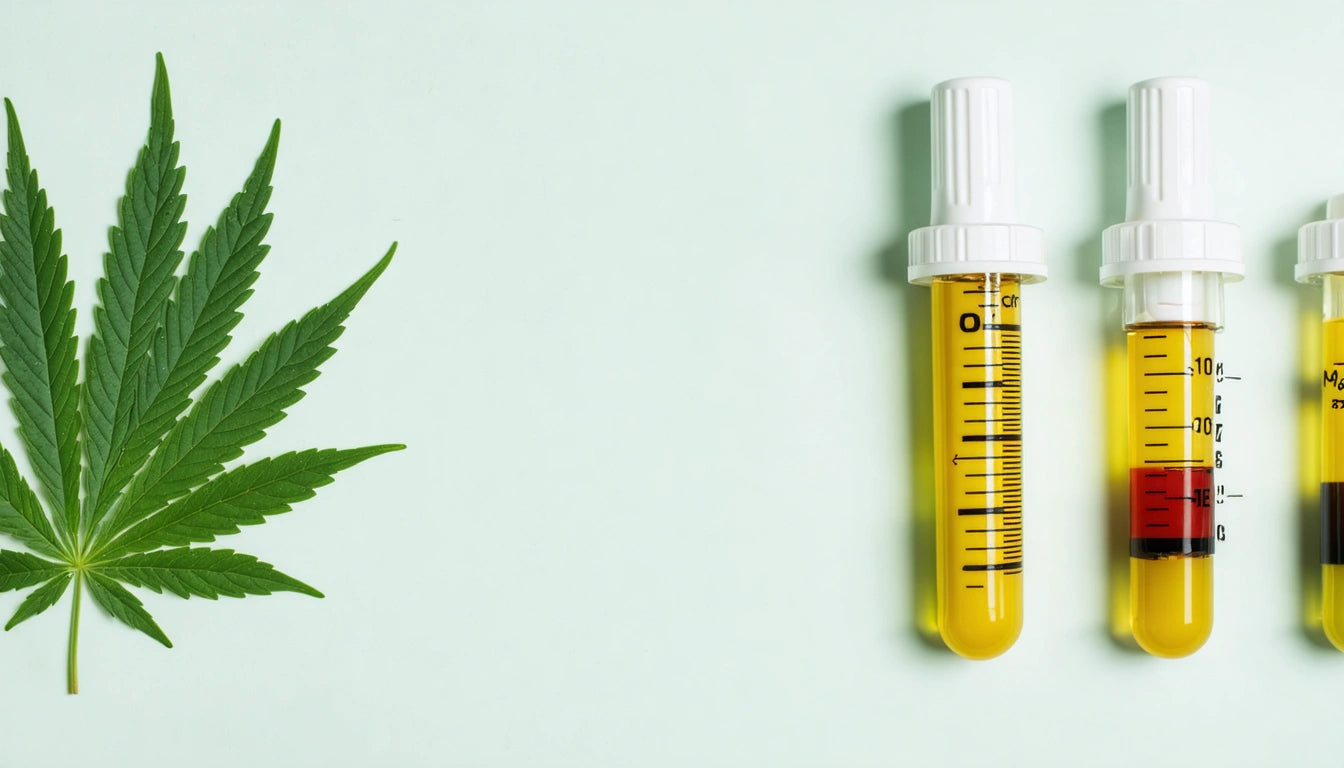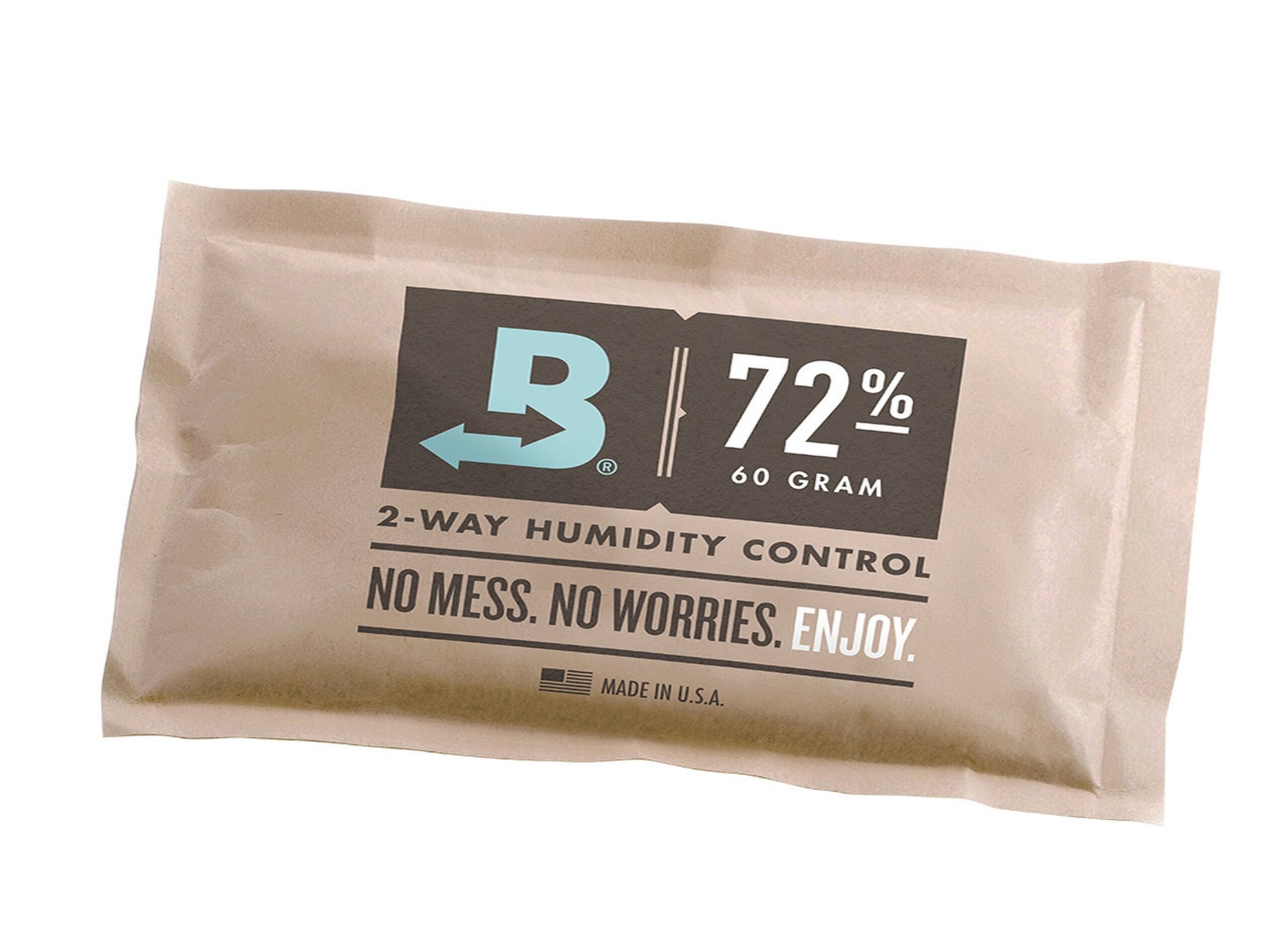Table of Contents
- Understanding THCA: The Precursor to THC
- THCA Detection in Drug Tests: What You Need to Know
- Factors Affecting THCA Detection
- Types of Drug Tests and Their Sensitivity to THCA
- Common Misconceptions About THCA and Drug Testing
- Legal Considerations and Workplace Testing
- Future Implications for THCA Testing and Cannabis Consumers
Does THCA Show Up on Drug Tests?
Cannabis consumers often wonder whether THCA, the non-psychoactive precursor to THC, will trigger a positive result on drug tests. This question becomes increasingly relevant as THCA products gain popularity in the cannabis market. Understanding how drug tests detect cannabis compounds is essential for consumers who may face testing for employment, legal, or medical reasons.
Understanding THCA: The Precursor to THC
THCA (tetrahydrocannabinolic acid) is the naturally occurring, non-psychoactive compound found in raw and live cannabis. Unlike THC (tetrahydrocannabinol), THCA does not produce intoxicating effects in its natural state. The conversion from THCA to THC occurs through a process called decarboxylation, which happens when cannabis is exposed to heat through smoking, vaping, or cooking.
As explained in this detailed guide on THCA, the compound has distinct properties from its activated counterpart, THC. While THCA itself doesn't produce a high, it's important to understand its relationship to THC when considering drug testing implications.
THCA Detection in Drug Tests: What You Need to Know
Most standard drug tests don't specifically look for THCA; instead, they screen for THC-COOH (11-nor-9-carboxy-THC), a metabolite produced when the body processes THC. However, this doesn't mean THCA won't affect test results.
According to research on THCA's impact on drug tests, THCA can indeed show up on a drug test, particularly if the THCA has been converted to THC through heat exposure or if the test specifically screens for THCA alongside other cannabinoids. Most immunoassay tests (the common initial screening method) can't distinguish between different cannabinoids and their metabolites.
Factors Affecting THCA Detection
Decarboxylation Before Consumption
If THCA is decarboxylated (converted to THC) before or during consumption, it will metabolize in the body similarly to THC and likely trigger a positive drug test result. This is particularly relevant for those who smoke or vape THCA products, as smoking THCA immediately converts it to THC.
Body Metabolism and Usage Patterns
Individual metabolism, frequency of use, and dosage all affect how long cannabinoids remain detectable. Regular users may have detectable levels for significantly longer periods than occasional users. Our body's natural processes influence how we metabolize and store these compounds, affecting detection windows.
For those concerned about safety in storing cannabis products, using properly sealed containers with child-resistant features helps prevent accidental exposure, which could lead to unexpected consumption and potential test complications.
Types of Drug Tests and Their Sensitivity to THCA
- Urine Tests: The most common type, typically detecting THC metabolites for 3-30 days depending on usage patterns.
- Blood Tests: Usually detect active THC for shorter periods (up to 36 hours) but may also identify THCA.
- Saliva Tests: Generally detect recent use (within 24-72 hours).
- Hair Tests: Can detect THC metabolites for up to 90 days but are less commonly used.
Different tests have varying sensitivity levels and detection windows. For example, while THCA might not trigger a positive result on some basic urine tests, more sophisticated laboratory analysis might detect both THCA and THC-COOH, as outlined in this comprehensive guide on THC testing.
Common Misconceptions About THCA and Drug Testing
"THCA Products Won't Show Up on Tests"
One common misconception is that consuming THCA products won't result in a positive drug test because THCA is non-psychoactive. However, as this article on THC and THCA differences explains, any heating of THCA (even minimal) can convert some portion to THC, which will then metabolize in the body and potentially trigger a positive test.
"All Drug Tests Are the Same"
Another misconception is that all drug tests work the same way. In reality, different testing methods have varying sensitivity levels, detection windows, and specific compounds they target. Some advanced tests can distinguish between THCA and THC, while others cannot.
Legal Considerations and Workplace Testing
Despite the legalization of cannabis in many states, employers can still maintain drug-free workplace policies. Most drug tests don't distinguish between legal cannabis use and illegal use, nor do they differentiate between THC from hemp-derived products (which may be federally legal) and marijuana-derived products.
This creates complications for users of THCA products, as various cannabis products can affect drug test results differently. Even products marketed as primarily containing THCA may result in positive tests if any decarboxylation has occurred or if the test is sensitive enough to detect THCA directly.
Future Implications for THCA Testing and Cannabis Consumers
As cannabis legalization expands and understanding of cannabinoids improves, drug testing technologies may evolve to better distinguish between active THC impairment and the presence of non-psychoactive cannabinoids like THCA. Some employers in legal states are already moving away from testing for cannabis altogether or implementing more nuanced policies.
For consumers, education remains key. Understanding that THCA can indeed show up on drug tests, particularly if it's been heated or if using sophisticated testing methods, allows for informed decisions about consumption. Those subject to drug testing should approach THCA products with the same caution as THC products, recognizing that both may trigger positive results regardless of the different effects they produce.
As research continues to advance our understanding of cannabinoids and their interactions with the body, both testing methods and regulatory frameworks will likely adapt to reflect more nuanced approaches to cannabis use and detection.











Leave a comment
All comments are moderated before being published.
This site is protected by hCaptcha and the hCaptcha Privacy Policy and Terms of Service apply.